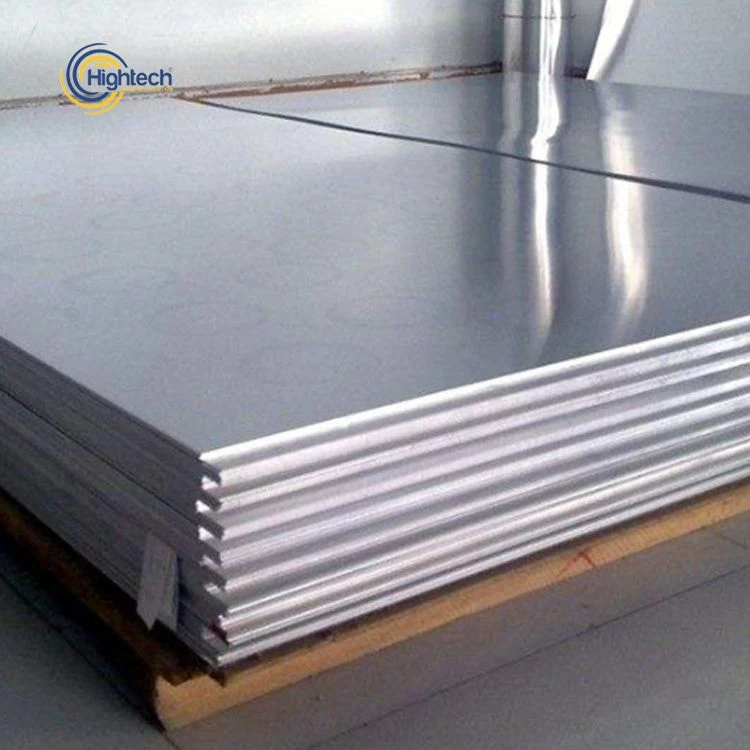stainless steel factory
Sep . 09, 2024 02:15 Back to list
stainless steel factory
The Stainless Steel Factory A Hub of Innovation and Quality
Stainless steel has become an indispensable material in modern manufacturing, architecture, and daily life. The stainless steel factory plays a crucial role in the production and processing of this versatile metal, which is renowned for its strength, durability, and resistance to corrosion. As industries evolve, the demand for stainless steel continues to rise, prompting advancements in manufacturing techniques and quality control measures within these factories.
A stainless steel factory typically operates with a plethora of high-tech machinery and equipment. The process begins with the smelting of raw materials such as iron, chromium, nickel, and molybdenum in a furnace. These elements are carefully selected to produce various grades of stainless steel, each tailored for specific applications. For instance, the addition of nickel increases ductility, while molybdenum enhances corrosion resistance. Such precise control over the composition of stainless steel allows manufacturers to meet the diverse needs of various industries, from construction to food processing.
Once the molten steel is produced, it is cast into slabs or billets, which are subsequently rolled into sheets, plates, or bars, depending on the intended use. This rolling process can be done hot or cold, each method imparting distinct properties to the stainless steel. Cold rolling, for example, creates a smoother surface finish and better dimensional accuracy, making it ideal for applications that require aesthetic appeal, like kitchen appliances and automotive components.
stainless steel factory

Quality control is paramount in a stainless steel factory. Rigorous testing is conducted at different stages of production to ensure that the material meets international standards. This includes mechanical testing, corrosion resistance tests, and surface quality inspections. These stringent measures not only ensure product reliability but also foster trust among consumers and industries that rely on stainless steel for critical applications.
Sustainability is another key focus for modern stainless steel factories. The recycling of stainless steel is highly efficient, as it can be melted down and remolded without degrading its quality. Many factories prioritize the use of recycled materials in their production processes, thus reducing waste and energy consumption. This commitment to sustainability not only benefits the environment but also aligns with the growing consumer demand for eco-friendly products.
In conclusion, stainless steel factories are pivotal in producing a material that is essential to numerous sectors. Through innovative manufacturing processes, meticulous quality control, and a focus on sustainability, these factories contribute significantly to the economy and help meet the evolving demands of society. As technology continues to advance, the future of stainless steel production looks promising, poised to support a sustainable and durable infrastructure for generations to come.
-
Karcher A2004 Vacuum Cartridge Filter Replacement - Durable & Efficient
NewsAug.03,2025
-
Karcher WD/MV HEPA Cartridge Filters | Dust Control Experts
NewsAug.02,2025
-
Top Window Seal Strip Adhesive Companies | Strong Weatherproofing
NewsAug.01,2025
-
Premium Oil Filter for Can-Am Outlander 2003-2017 420256188
NewsJul.31,2025
-
Hightech Injection LED Module size6414: Premium LED Lighting
NewsJul.31,2025
-
Factory Hot Sale Thin Silicone Sewn Strip Roll Wholesale, Durable & Flexible
NewsJul.30,2025
